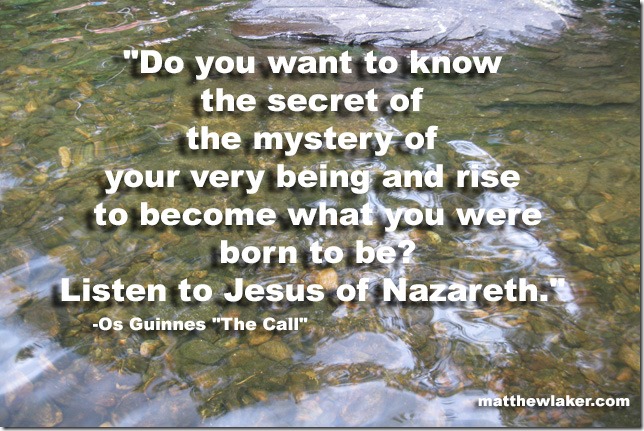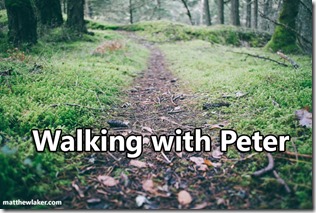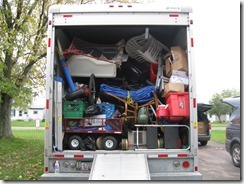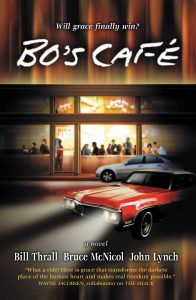 Series: Walking with Peter and Jesus
Series: Walking with Peter and Jesus
What is your calling in life?
Followers of Jesus sometimes spend so much time trying to figure out our calling. Some followers of Jesus never ask the question of how best do I serve God’s Kingdom. Both of these positions have the potential of being self-centered.
Notice that Peter was first called to Jesus before he was called to the work he was given. Here in Luke 6:12-15, Jesus is calling them to a new level of work (to be apostles), but it comes after the call to follow him.
As followers of Jesus, we can get so hung up on “what am I to do” or we covet the roles others have. In both situations, we forget about Jesus. Thus, we fail to fully enter, engage and experience the life we were created for.
Sometimes we think that if we figure out what God has called us to do, then we have found wholeness. At times from our work or ministry, we form our identity and think we are secure. We wrongly come to believe that it is then that we feel we have reached the life Jesus calls us to.
However, Jesus first called Peter and you to himself. He did not call you to do this or that. He called you to himself.
In our lives, there is a general calling and this needs to be our first priority. This calling is about knowing, experiencing, and surrendering to Jesus. This calling is about letting Jesus change us and when we do that we experience wholeness.
Today we have let ourselves be defined by our titles and things we do. Yes, to an extent what we do is an extension of who we are. However, as followers of Jesus, our starting point of identity is Jesus.
First, we are called to Jesus, second to our work. Too often we only know Jesus based on the identity we find in our work. Remove our work and we are no one.
Peter would not have got this right away. I still struggle with it in my own life and I bet it is a struggle in your life.
Instead of spending so much time trying to figure out your calling or the special focus you should or should not have, consider just getting to know Jesus and let him transform you right where you are at.
Peter, in our passage today, would discover a deeper secondary calling. It is in this moment Jesus calls Peter to a deeper commitment. This secondary calling is strongly interconnected to the first and so you cannot have the second without the first.
It is as we understand who Jesus is and what he has done that we understand who we are and what we are to do. Peter’s calling to leadership is built off of the first calling to know Jesus.
Os Guinnes in his book “The Call” shares:
“Do you want to know the secret of the mystery of your very being and rise to become what you were born to be? Listen to Jesus of Nazareth.”
We are not Peter but the principle still applies. First, get to know Jesus, second, let him do the calling.





